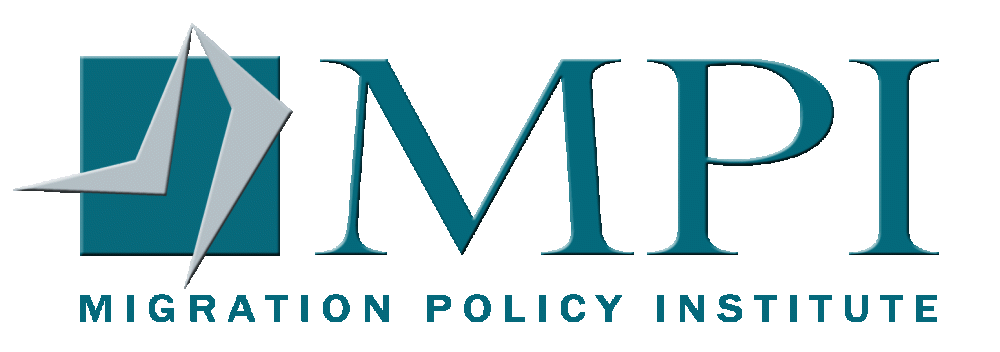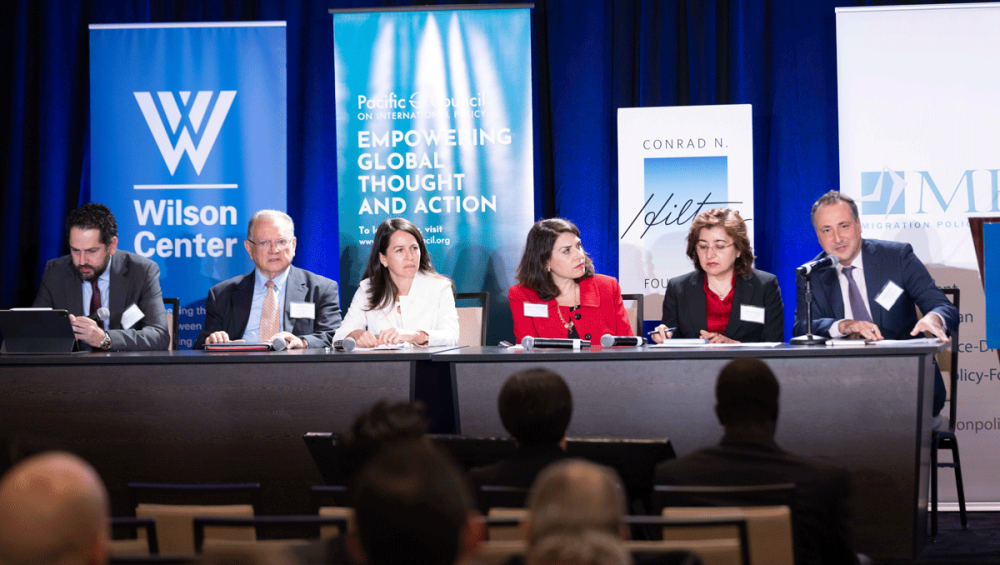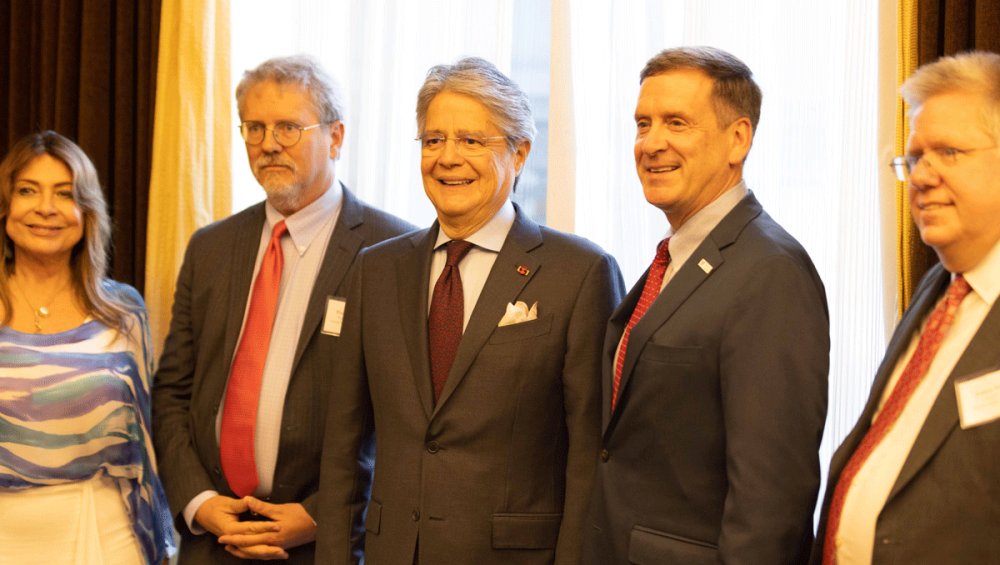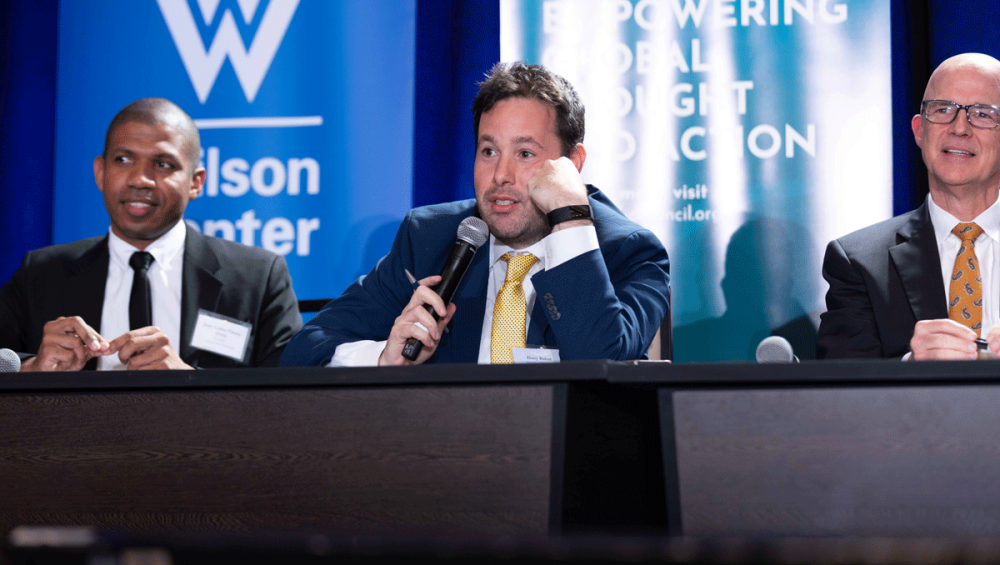A Path to Self-Sufficiency: Advancing Venezuelan Refugee Integration in the Americas
Key Takeaways: Advancing Venezuelan Refugee Integration in the Americas
By K. Mantz*
Given the sheer scale of global human displacement, “We have to look at migration with a different perspective,” said President Iván Duque of the Republic of Colombia. “How the region responds now to this massive challenge will determine not only the fate of these…[Venezuelan refugees] that we’ve been discussing but also whether the migration fans the flames of the current economic contraction or whether it becomes an engine for growth,” said the Honorable Marcela Escobari, Assistant Administrator for the Bureau of Latin America and the Caribbean at the U.S. Agency for International Development. With the end goal of socio-economic integration, the speakers shared their thoughts at a recent event hosted by the Wilson Center’s Latin America Program and the Refugee and Forced Displacement Initiative on the critical need for successful integration of Venezuelan refugees and migrants in Colombia, Ecuador, and the region.
Making the Displaced People Visible
Due to their proximity, Colombia and Ecuador have both taken in large populations of Venezuelan refugees and migrants and demonstrated their commitment to their integration through the regularization process. According to President Duque, “[The Venezuelan refugees] were here already and if we didn’t grant these opportunities, they would be invisible over time. By allowing them to be visible and having them [stay] for 10 years within Temporary Protected Status, they will become also net contributors on the economic expansion of our country. So I think we were able to show that win-win is possible in migration management.” President Duque outlined his policies around fraternity and said that allowing Venezuelans visibility has produced positive economic results despite initial unpopularity.
President Guillermo Lasso of the Republic of Ecuador said that his country granted migrants and refugees access to health and education services as well as factoring them into the Covid-19 vaccination plan. Ambassador Silvia Espíndola, Ecuadorian Vice Foreign Minister for Human Mobility, noted the need for international community support in the implementation of regularization initiative. While the end goal is socio-economic integration, regularization and registration are important steps and help guide public policy. These historic steps built a strong foundation but they weren’t easy accomplishments.
Combatting Xenophobia
The panelists talked about how xenophobia is being addressed in the host countries. While Escobari stressed the importance of leadership combating xenophobic trends, the Joint Special Representative for Venezuelan Refugees and Migrants under the UNHCR-IOM and former Vice President of Republic of Guatemala, Dr. Eduardo Stein, brought up the weaponization of forced migration as a global trend and the need for co-responsibility between governments and society. The speakers noted that these misplaced fears are rooted in prejudice and economic concerns over refugees using up resources or taking up space in the labor market.
They offered solutions around educating host country citizens and local governments about the benefits of refugees in the long term. Dr. Tim Docking, CEO of Refugee Investment Network, explained the need to change the narrative from negative to a sense of positive potential and agency, citing a study that shows refugees tend to be more entrepreneurial and hardworking, with benefits that compliment host communities. He also pointed out the need to “bring along” host communities by investing in them too.
How did this play out in Colombia? Dr. Lucas Gómez, Advisor to the President of Colombia on the Colombia-Venezuela Border, cited fighting xenophobia through the creation of integration centers that serve as one-stop shop for refugees and their hosts and emphasized giving the same opportunities and rights to Venezuelans as to Colombians. Juan Carlos Viloria Doria, President of Coalition for Venezuela, pointed out that Colombia has already seen the results of programs set up for migrants being utilized by Colombians and improving their lives, like in the case of an increased rate of finding formal sector jobs. Dr. Dany Bahar, Associate Professor of Practice at Brown University, added that the entrepreneurial rate amongst Venezuelan migrants increased 10-fold when they were granted Temporary Protected Status, which has positive effects on the whole economy.
Role of the International Community
What role can the international community play? One of the most pressing concerns is underfunding coupled with burden sharing amongst states. The Honorable Luis Almagro, Secretary General of the Organization of American States, cited Venezuela as “the most underfunded refugee crisis in the world” and called for all nations to “share the cost of integration,” noting that a crisis of this magnitude should be a shared global responsibility. This impediment was reflected in President Lasso’s remarks, as he repeatedly called for the international community to share the responsibility of the refugee crisis and support Ecuadorian industries in order to expand the labor market. President Duque also noted that with the ongoing Ukrainian conflict, the current resources are expected to be redirected despite their continued need in Latin America. President Duque also noted that the pledges system from international donors became complicated and decentralized and needed more cooperation between agencies.
Speakers emphasized the need for cooperation within the international community and across all sectors. “It’s really important that we work together—the donor countries, the host countries, the international organization, the NGO sector—really need to work together,” said Ambassador Julieta Valls Noyes, Assistant Secretary of State for the Bureau of Population, Refugees, and Migration at U.S. Department of State. She pointed out the need to work together in four areas: emergency support, special protection, capacity building for hosts, and long-term integration. Along the same lines, Viloria Doria pointed out that while states need to step up, they also need to coordinate and learn lessons from one another to improve both this crisis and future ones.
Lessons Learned and Next Steps
Escobari noted that displacement across Latin American has risen 17 times faster than displacement from Latin America to the U.S. over the past decade. She said that turning the displacement crisis into sustainable migration requires addressing the root causes, expanding legal pathways, and supporting the integration efforts. Colombia and Ecuador have experienced an unprecedented refugee flow through their borders but they have also implemented unprecedented solutions. Speakers referenced looking to the past for guidance in countries like the U.S, Argentina, and ironically even Venezuela. While President Duque predicts an “explosion” of climate migrants worldwide in the future, this is already a reality as the world just hit a new record of over 100 million forcibly displaced people that include refugees, asylum seekers, and internally displaced persons. Let both Colombia and Ecuador—with their shortcomings and their strengths—serve as guidance for the public and private sector partnerships in future refugee crises and migration management.
While Colombia and Ecuador will go down in history for their handling of the Venezuelan refugee crisis so far, there’s still work to be done. “One of the things we want to continue here is to ensure the presence of refugees and migrants in all these policy making decisions,” said Viloria Doria. He also gave suggestions on how the private sector can help, including investing in migrant-led initiatives, working together to find innovation public-private partnerships, and employing refugees. Executive Vice President of the National Business Association of Colombia, Paola Buendia, also spoke on the labor market and the need to train refugees for specific jobs that are available both in the private and public sectors. Lastly, Bahar added that in order to have a more long-term focus, funding needs to go to infrastructure and private sector credits rather than solely humanitarian efforts.
*K. Mantz is an intern with the Wilson Center Development Office where she wrote this event summary for the Refugee and Forced Displacement Initiative. She is a student at American University majoring in International Studies with a focus on Latin America.
Event Photos
Speaker
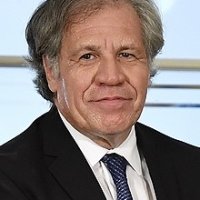
Introductions

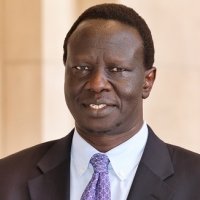
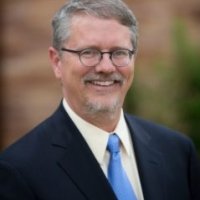
Keynote Speakers
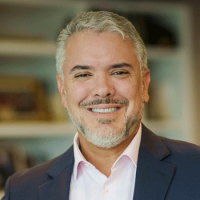
President of the Republic of Colombia (2018-2022)
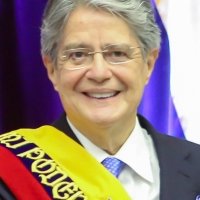
Moderators

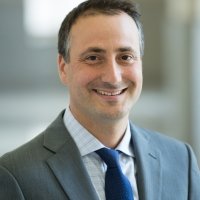

President, Migration Policy Institute
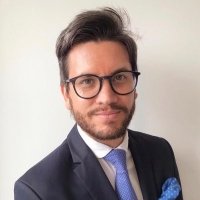
Panelists
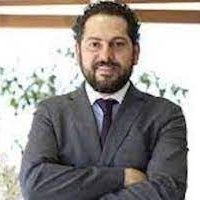
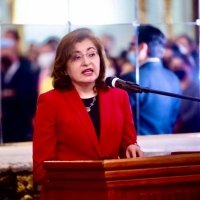
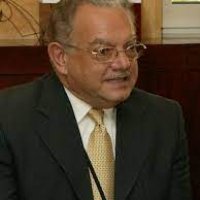
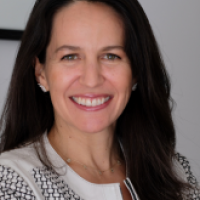
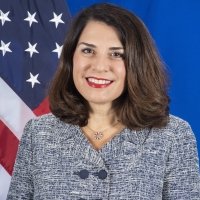
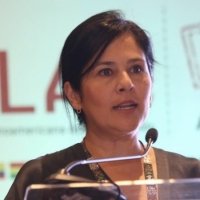
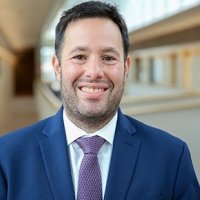

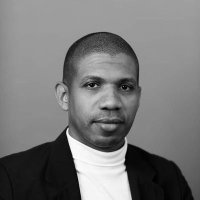
Hosted By

Latin America Program
The Wilson Center’s prestigious Latin America Program provides non-partisan expertise to a broad community of decision makers in the United States and Latin America on critical policy issues facing the Hemisphere. The Program provides insightful and actionable research for policymakers, private sector leaders, journalists, and public intellectuals in the United States and Latin America. To bridge the gap between scholarship and policy action, it fosters new inquiry, sponsors high-level public and private meetings among multiple stakeholders, and explores policy options to improve outcomes for citizens throughout the Americas. Drawing on the Wilson Center’s strength as the nation’s key non-partisan policy forum, the Program serves as a trusted source of analysis and a vital point of contact between the worlds of scholarship and action. Read more


Refugee and Forced Displacement Initiative
The Refugee and Forced Displacement Initiative (RAFDI) provides evidence-based analyses that translate research findings into practice and policy impact. Established in 2022 as a response to an ever-increasing number of people forcibly displaced from their homes by protracted conflicts and persecution, RAFDI aims to expand the space for new perspectives, constructive dialogue and sustainable solutions to inform policies that will improve the future for the displaced people. Read more


